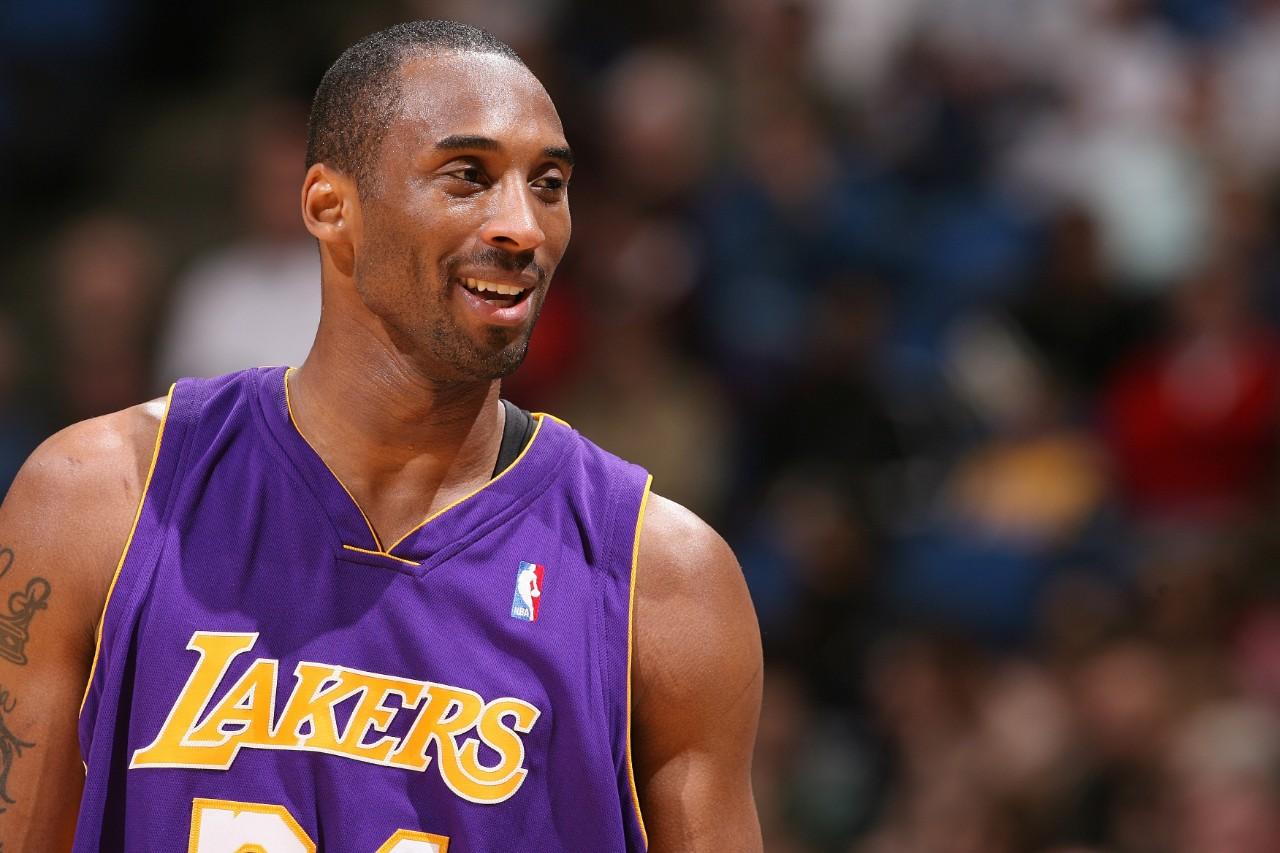
Editor’s note: On the first anniversary of Kobe Bryant’s death, we republish this piece from last year.
My two worlds collided on Sunday, Jan. 26, a day that will surely live in L.A. infamy. It was right before noon, and I had just finished moderating a panel on anti-Semitism at the Z3 Conference at Stephen Wise Temple.
I knew something was up from the first text I got, which simply said: “KOBE BRYANT!!!”
Since he’s no longer playing, I thought, this cannot be good.
Sure enough, as I was milling around a little sea of Jews who had come to discuss the future of Zionism and some of the challenges facing the Jewish world, the news hit me with the second text, and the third, and the fourth.
Kobe Bryant, a virtual member of my family from the day he joined my beloved Lakers 24 years ago, had perished in a helicopter crash, on a foggy hill not far from where I was standing.
I got dizzy. My mind started racing. Should I go to a quiet corner and cry? Should I call my son in Israel who adores Kobe? Should I seek out more information on the crash?
I was surrounded by people I hadn’t seen in years. I was looking forward to reconnecting with them. As the news of Kobe’s death flooded my brain, I had to click on that other part of my brain that says: “You must look happy and schmooze, no matter what.”
I’ve had plenty of practice doing that — no matter how dark the thoughts in my mind, if I’m at a public event, I’ve learned to smile and fake it so as not to dump my darkness on others.
I got dizzy. My mind started racing. Should I go to a quiet corner and cry? Should I call my son in Israel who adores Kobe?
It was harder to do that on Sunday, but I tried.
The afternoon turned into a blur of love and darkness. I was loving the depth of conversation on so many Jewish issues that mean so much to me, but Kobe’s death kept assaulting me. And I was thinking about my son in Israel, who wasn’t answering his phone.
The Lakers have always represented for me a kind of ultimate “safe space.” When I moved to L.A. in the early 1980s, way before I had kids, the Lakers became my brightest and proudest connection to my new town. They boosted not just my mood but my civic pride. When I went to games, I could experience, like nowhere else, the cultural kaleidoscope of this great city.
As I got more involved with the Jewish world and had to comment on things like wars and terrorism and anti-Semitism and endless communal strife, the refuge provided by the Lakers became even more welcome. The incredible thing about sports, I would say, is that you get all the drama of the real world — conflict, fierce competition, tribalism, winners and losers — without anyone dying.
That sanctuary was also true in my family. No matter all the ups and downs in our lives, we could always count on the Lakers for moments of safe, enjoyable drama.
The death of Kobe pierced that safe space, especially for me and my son.
Kobe would always come up in our conversations. He had a work ethic, a drive to excel and an ability to overcome obstacles that we both admired and tried to emulate. Kobe was far from perfect, but he had the will to improve and get the most out of life.
Suddenly, this man of life who had so influenced our lives was gone. And finally, in the early afternoon, my son answered his phone. He had already heard the news. I had to go outside because I knew I might break down.
The afternoon turned into a blur of love and darkness. I was loving the depth of conversation on so many Jewish issues that mean so much to me, but Kobe’s death kept assaulting me.
Part of me wanted to protect him by looking strong, but it didn’t matter. I lost control. I was unable to click on the “fake it” part of my brain, so I just cried.
It was probably better that way. It was too early to share the coping mechanisms that help us function in times of loss (“He’ll live forever in our hearts” and so on). We both needed a moment of pure sadness to honor a man who had meant so much to us.
As the day wore on, the pain got even deeper as the news came of the other eight people who died in the crash, including Kobe’s daughter Gianna. By then, people at the conference were talking about the tragedy. A horrifically violent accident had interrupted a day of highly civilized thought and dialogue.
Maybe we don’t need to rush to draw lessons from dark episodes in our fragile lives. A human earthquake hit Los Angeles on Sunday, Jan. 26, that many of us will long remember, each for our own reasons.
Sometimes it’s enough to just stare at reality and cry.
Related posts:
Views: 2
 RSS Feed
RSS Feed

















 January 27th, 2021
January 27th, 2021  Awake Goy
Awake Goy  Posted in
Posted in  Tags:
Tags: 
















